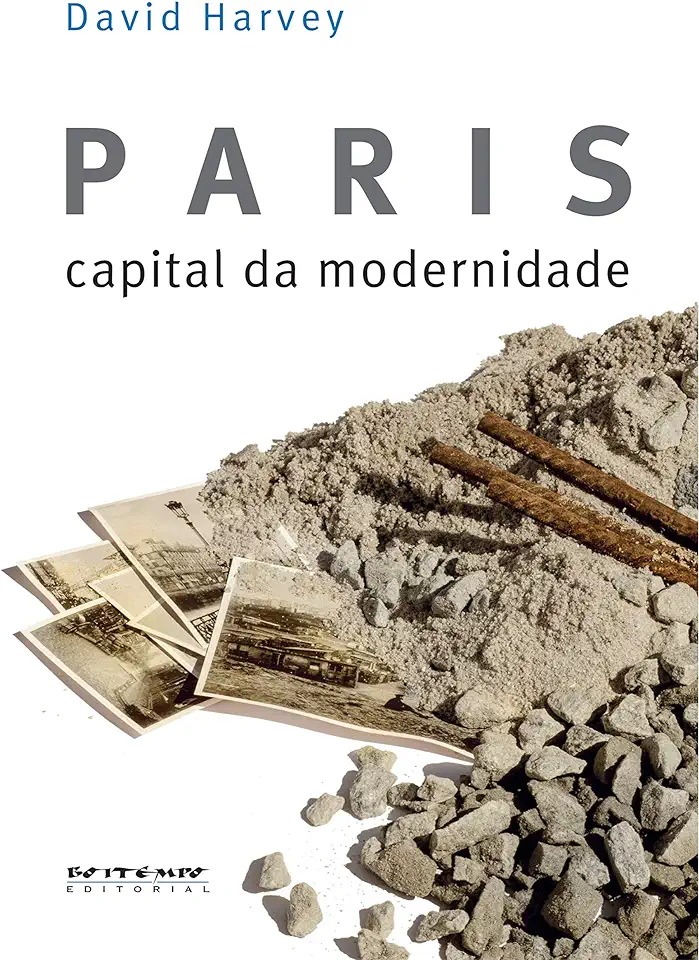
Paris, Capital of Modernity - David Harvey
Paris, Capital of Modernity: A Review
Introduction
In his book "Paris, Capital of Modernity," David Harvey argues that Paris was the birthplace of modernity. He traces the city's development from its medieval origins to its emergence as a global metropolis in the 19th century. Harvey shows how Paris was at the forefront of social, economic, and cultural change, and how it shaped the modern world.
The Birth of Modernity
Paris emerged as a major city in the Middle Ages, thanks to its strategic location on the Seine River. The city became a center of trade and commerce, and it was also a major center of learning and culture. In the 12th century, the University of Paris was founded, and it quickly became one of the most prestigious universities in Europe.
In the 16th century, Paris became the capital of France, and it began to play a more important role in international affairs. The city was also a major center of the Protestant Reformation, and it was the site of several bloody religious conflicts.
In the 17th century, Paris was transformed by the reign of Louis XIV. Louis XIV was a great patron of the arts and sciences, and he made Paris the most beautiful city in Europe. He also built the Palace of Versailles, which became a symbol of French power and prestige.
The Industrial Revolution
The Industrial Revolution began in Britain in the late 18th century, and it quickly spread to France. Paris was one of the first cities in France to industrialize, and it became a major center of manufacturing. The city's population grew rapidly, and it became a melting pot of different cultures and ethnicities.
The Industrial Revolution also brought about major social and economic changes. The working class grew in size and power, and it began to demand better wages and working conditions. In 1848, the workers of Paris revolted, and they established the Second Republic.
The Paris Commune
The Paris Commune was a short-lived revolutionary government that ruled Paris from March to May 1871. The Commune was established by a coalition of workers, socialists, and anarchists. They demanded social and economic reforms, including the redistribution of wealth and the establishment of a socialist society.
The Paris Commune was crushed by the French army, but it had a profound impact on French history. It showed the power of the working class, and it inspired future generations of socialists and anarchists.
Paris in the 20th Century
Paris continued to be a major center of culture and commerce in the 20th century. The city was also a major center of political activism, and it was the site of several major protests and demonstrations.
In 1940, Paris was occupied by Nazi Germany. The city was liberated by the Allies in 1944, and it quickly regained its status as a global metropolis.
In the second half of the 20th century, Paris underwent a period of rapid economic growth. The city's population grew, and it became a major center of finance, business, and tourism.
Conclusion
Paris is a city that has always been at the forefront of change. It is a city of beauty, culture, and revolution. Paris is a city that has shaped the modern world, and it continues to be a source of inspiration for people all over the globe.
Why You Should Read This Book
"Paris, Capital of Modernity" is a must-read for anyone interested in history, sociology, or urban studies. Harvey's book is a comprehensive and insightful look at the development of Paris, and it offers a unique perspective on the modern world.
If you are looking for a book that will challenge your thinking and inspire you to see the world in a new way, then I highly recommend "Paris, Capital of Modernity."